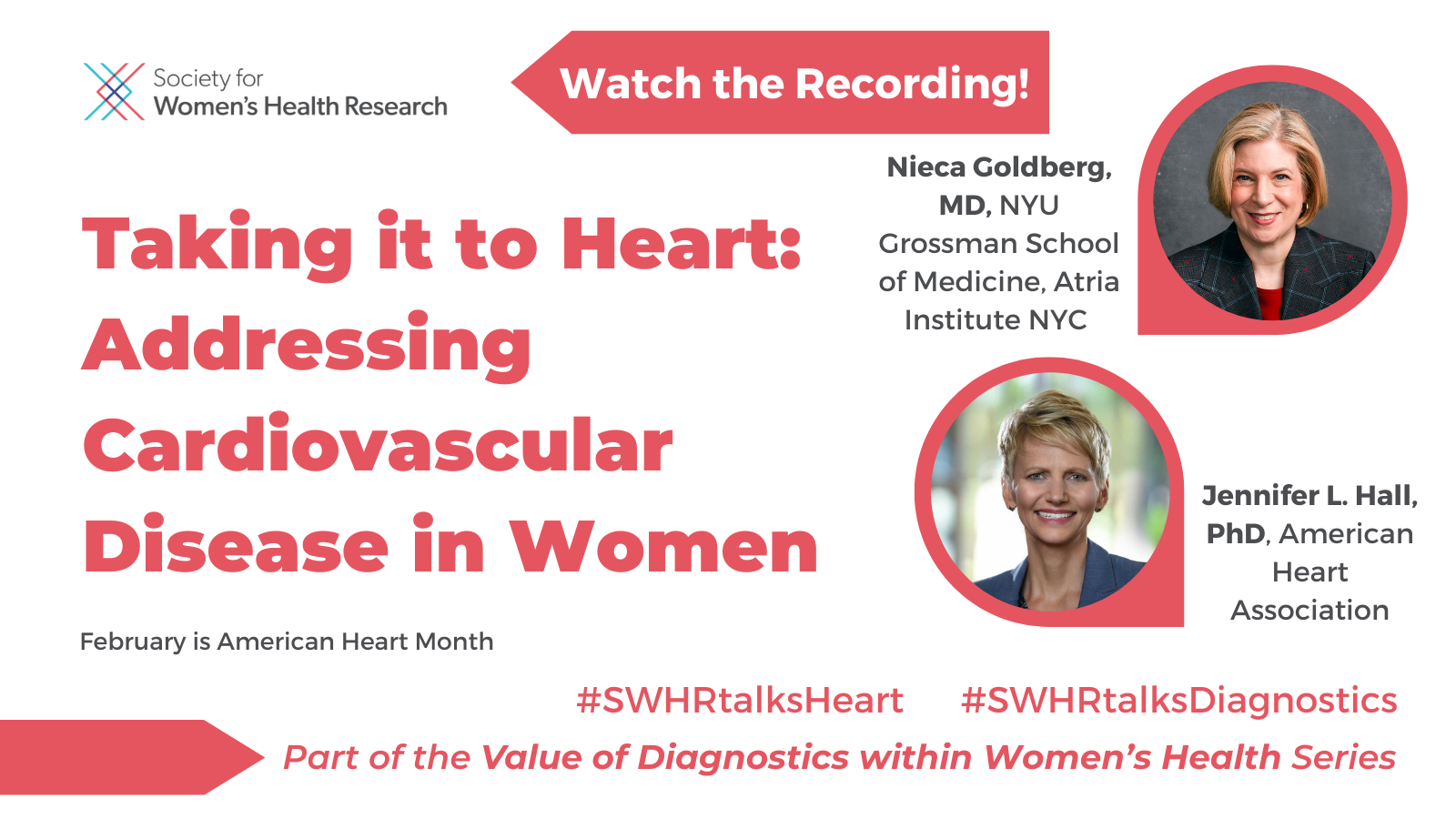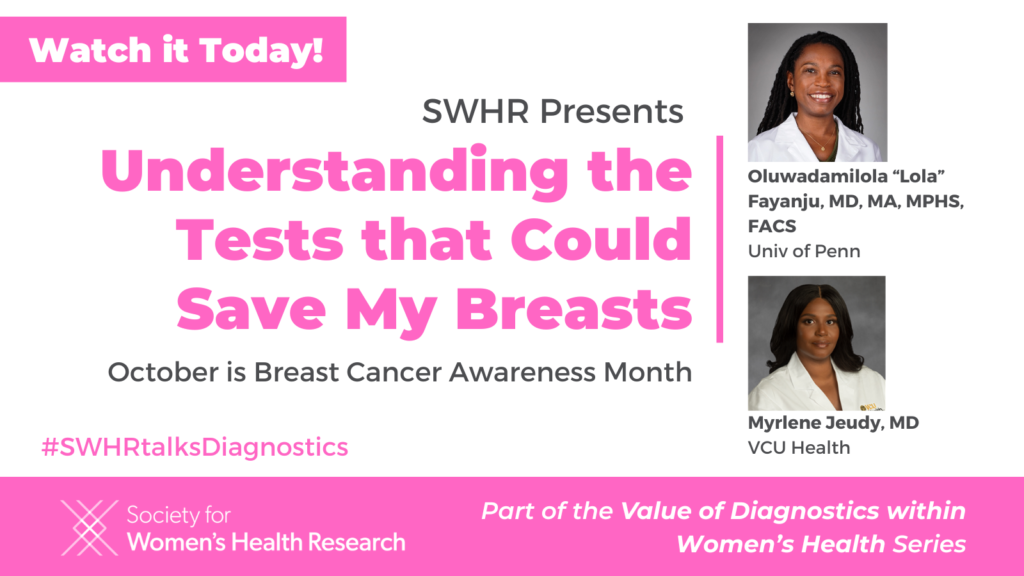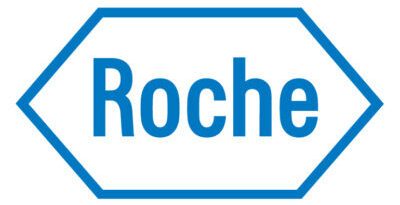
Erika Sward
National Assistant Vice President of Advocacy, American Lung Association
Erika Sward is National Assistant Vice President of Advocacy for the American Lung Association. In this capacity, she oversees federal and state policy on access to care, lung health and lung disease, and tobacco control policy issues for the Lung Association. She also serves as the Lung Association’s lead lobbyist with Congress and the Administration on access to care, tobacco control, appropriations, and lung disease and lung health issues.
Sward is a media spokesperson for the American Lung Association, speaking on a variety of topics – from e-cigarettes to tobacco cessation coverage to FDA regulation of tobacco products. She is regularly interviewed by Politico, CNN and other publications. She has also appeared on ABC, CBS, CNN, NBC and other networks.
Prior to joining the American Lung Association’s Washington National Office in 2006, Sward served as Associate Director for Advocacy at the Campaign for Tobacco-Free Kids, where she primarily worked on advancing federal legislation and policy. Sward was also an analyst for Greenberg Quinlan Rosner Research, a survey research firm, from 1999 to 2003.
Originally from Ohio, Sward received her BA in Political Science and MA in American Politics from American University. She and her husband live in Maryland with their two children, cat and their pandemic rescue dog.






